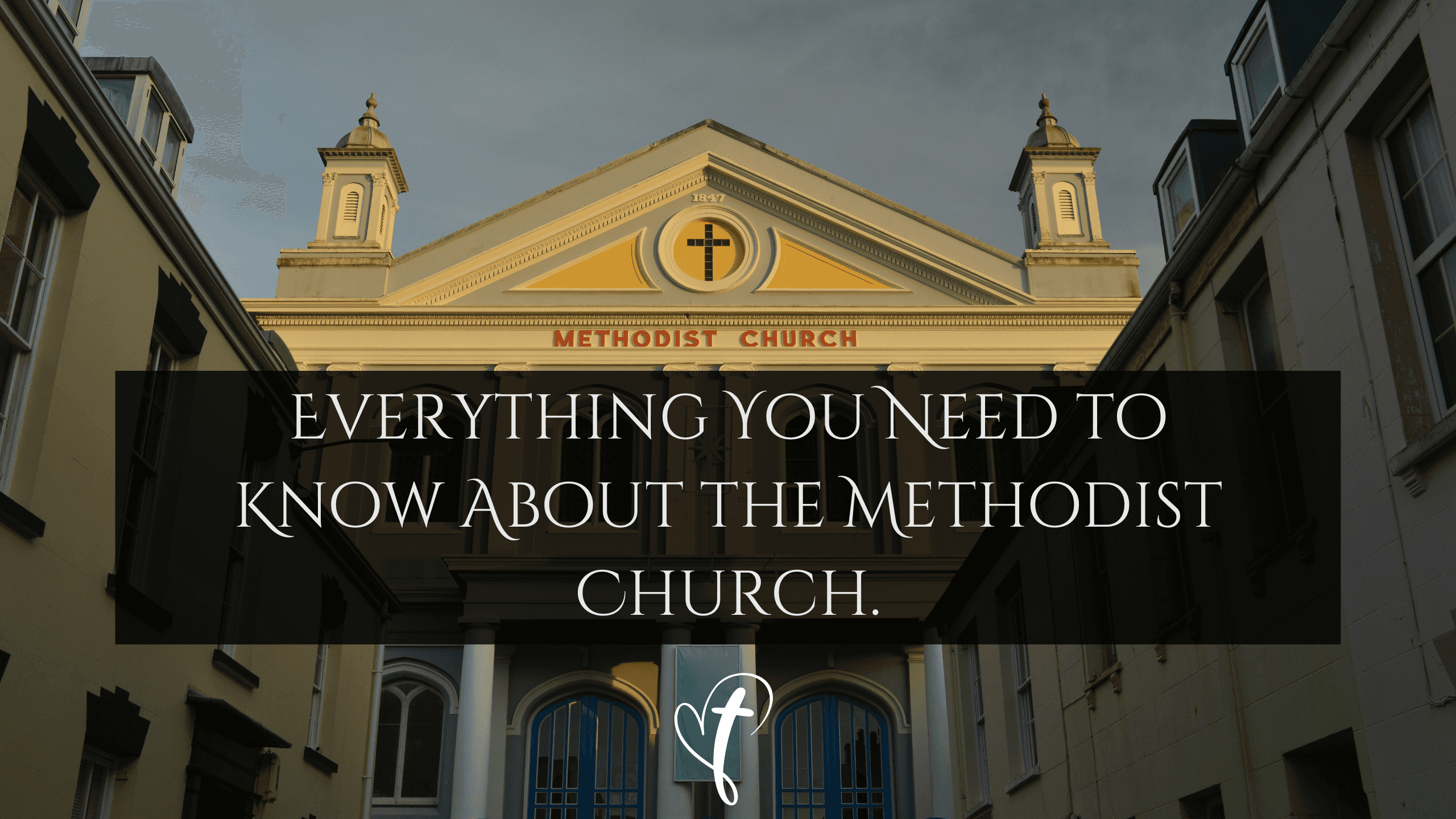
Everything You Need to Know About the Methodist Church.
Church7th of October, 2024
The Methodist Church is one of the largest and most influential Christian denominations in the world. With its roots deeply embedded in the 18th-century revival movement led by John Wesley, Methodism has shaped the spiritual, social, and cultural landscape of many nations. In this blog post, we’ll explore the history, beliefs, practices, and structure of the Methodist Church, providing you with a comprehensive understanding of this vibrant and diverse community of faith.
A Brief Historical Overview
The Methodist movement began in England in the early 1720s with John Wesley, his brother Charles Wesley, and their friend George Whitefield. Initially part of the Church of England, the Wesleys emphasized personal piety, social justice, and the necessity of a personal relationship with God. The term "Methodist" was initially a derogatory label, highlighting the group’s methodical approach to religious practice and study.
By the mid-18th century, the movement began to gain momentum, leading to the formation of the Methodist Church. After Wesley’s death in 1791, the movement spread rapidly, particularly to the United States, where it became a driving force in the Second Great Awakening.
Core Beliefs
1. Grace and Salvation
Methodists believe that salvation is a gift from God, attained through grace, which is freely given but requires personal acceptance. They emphasize the importance of faith informed by good works. The concept of "prevenient grace" suggests that God’s grace is active in the lives of persons even before they come to faith.2. The Trinity
Like most mainstream Christian denominations, Methodists believe in the Trinity—God as Father, Son, and Holy Spirit. The life, death, and resurrection of Jesus Christ are central to their faith, as they see Jesus as the ultimate revelation of God’s love.3. Scripture and Tradition
Methodists uphold the authority of the Bible and regard it as the primary source of spiritual truth. However, they also acknowledge the importance of Christian tradition, reason, and experience in understanding faith. This unique approach allows for a dynamic and contextual interpretation of scripture.4. Social Justice
Social justice is a hallmark of Methodism. John Wesley’s teachings on the connection between faith and works inspire Methodists to engage in outreach and advocacy. The Church supports efforts to combat poverty, racism, and other societal issues, seeking to embody Christ’s love and justice in the world.Practices and Worship
1. Worship Services
Methodist worship services are typically marked by a blend of traditional and contemporary styles. They often include elements such as hymns, prayers, scripture readings, a sermon, and partaking of the sacraments. The denomination celebrates two sacraments: Baptism and Holy Communion.2. Holy Communion
Methodists practice an open table for Holy Communion, inviting all baptized Christians to partake, regardless of denominational affiliation. This reflects their belief in the universal nature of Christ’s love.3. Personal Spiritual Growth
Methodism emphasizes personal spiritual growth through prayer, Bible study, and fellowship. Small groups, or "class meetings," foster community and accountability, providing opportunities for discipleship and mission.Structure and Governance
The Methodist Church operates under a connectional system, meaning that local congregations (called churches) are connected to a larger governing body. This structure can vary by region but generally includes:Local Churches: The basic unit of the church, typically overseen by pastors.
Districts: Groups of local churches managed by a district superintendent.
Annual Conferences: Larger assemblies that include elected representatives from local churches, responsible for making decisions about church policies, missions, and appointments of clergy.
General Conference: The highest governing body, meeting every four years to address global church issues, set policy, and amend church doctrine.
The Global Relevance of Methodism
Today, the Methodist Church has millions of members worldwide, with significant populations in the United States, Africa, the Philippines, and the United Kingdom. Globalization has led to a rich diversity within the church, with various cultures and local traditions informing worship and practice.
Contemporary Issues
The Methodist Church faces several contemporary challenges, including debates over issues such as same-sex marriage and the ordination of LGBTQ+ clergy. Different regions and conferences within the church have taken varied approaches to these issues, leading to ongoing discussions about unity, diversity, and the church's mission in today’s world.
Conclusion
The Methodist Church has a rich history and a vibrant presence in contemporary society. Its commitment to grace, personal piety, and social justice reflects a deep and enduring faith that calls its members to live out the teachings of Christ in both personal and communal contexts. Whether you are seeking a new church home, curious about its beliefs and practices, or simply wanting to understand more about this influential denomination, the Methodist Church continues to be a beacon of hope, love, and service in the world today.